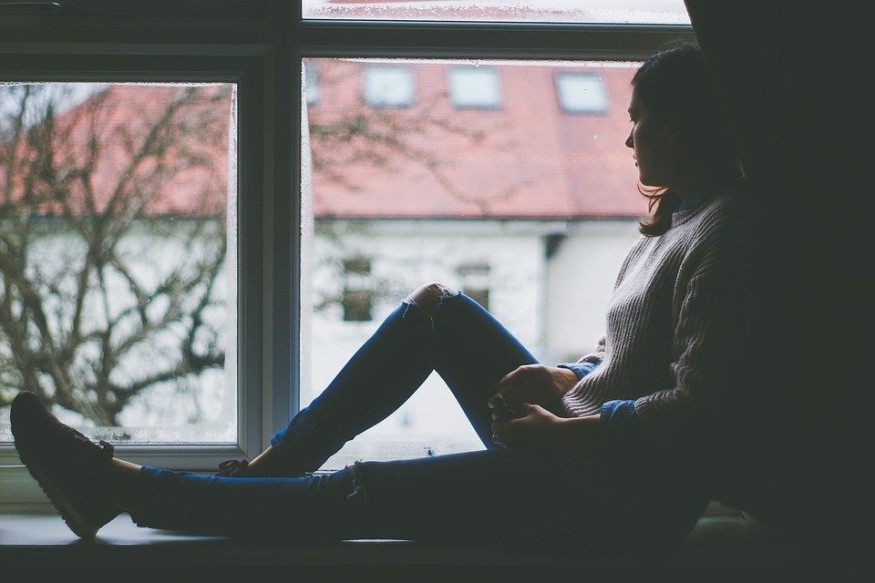Cabin Fever: Do I Have It? How Do I Cure It?

The COVID-19 pandemic has turned the lives of people upside down, taking an immeasurable toll on the world as it forced people to hunker down and adopt a solitary life. This strange, new way of life has taken from us our abilities to go to work and participate in social activities outside our home.
Less than a week into isolation, the walls of your house---which usually brought safety and comfort---suddenly felt like a sentence. The feeling turns to an itch, and then it becomes something that resembles a phobia or a panic attack.
Many start to wonder if they've caught an illness. Experts, however, say it's a natural stress response called 'cabin fever.'
The origin of the term 'cabin fever' isn't well-known. Some say it dates back to the early 1900s when it was used to refer to someone who lived in an isolated area. Others say it traces further back to the 1800s when it was used to refer to someone who remained shut indoors due to typhus fever.
Health experts say cabin fever is linked to disorders such as claustrophobia or the fear of tight or crowded spaces. It involves a wide range of emotions brought about by restricted movement.
Symptoms of cabin fever vary from person to person, but many reports feeling irritable or restless. Other symptoms include:
Restlessness
Lethargy
Sadness or depression
Trouble concentrating
Lack of patience
Food cravings
Decreased motivation
Difficulty waking
Frequent napping
Hopelessness
Changes in weight
Health experts, however, warn that these symptoms are also indicative of a variety of other disorders. Like any mental health condition, only trained professionals can make an accurate diagnosis as well as give the best guidance and treatment possible.
There are ways to cope with the loneliness and the situation you are in.
Socialize Through Video
Every person has different social needs. Some might feel like holding their phone for a day and putting it down the next. On average, health experts believe there should be at least one to three interactions a day. These interactions don't necessarily mean striking a conversation with another person. Watching videos or live feeds on social media count as well.
Keep a Journal
Writing a journal can help you acknowledge and process what you feel. It will also be interesting to read your entries long after the pandemic has ended.
When writing, it is important to take your time and ask how you feel, what you're thinking, and what you're doing. It is also normal to feel a bit of discomfort while writing as it means you are accessing some discomfort that was probably there before.
Other people also write about gratitude and what they're thankful for having and what they miss having. If you feel grateful for the food you have at home, or even for a roll of toilet paper, it's okay to acknowledge that.
If you're not into writing, voice memos also count. Journaling isn't restricted to pen and paper.
Maintain a Routine
It helps to keep a schedule because it encourages you to look forward to things such as relaxation or meal prep.
Take some time to relax before you plan finances or think about how you're going to get a job or to solve some problems. Relaxing will help you figure the answers out faster and better.
You should also include time for a little self-care. If you want to take a bath with a candle, then you are allowed to do so. If you feel the need to add bubbles, then go ahead and add bubbles. Try to do what worked for you before the pandemic and then brainstorm for some changes.
You might want to read:
Subscribe to Latin Post!
Sign up for our free newsletter for the Latest coverage!
© 2026 Latin Post. All rights reserved. Do not reproduce without permission.














